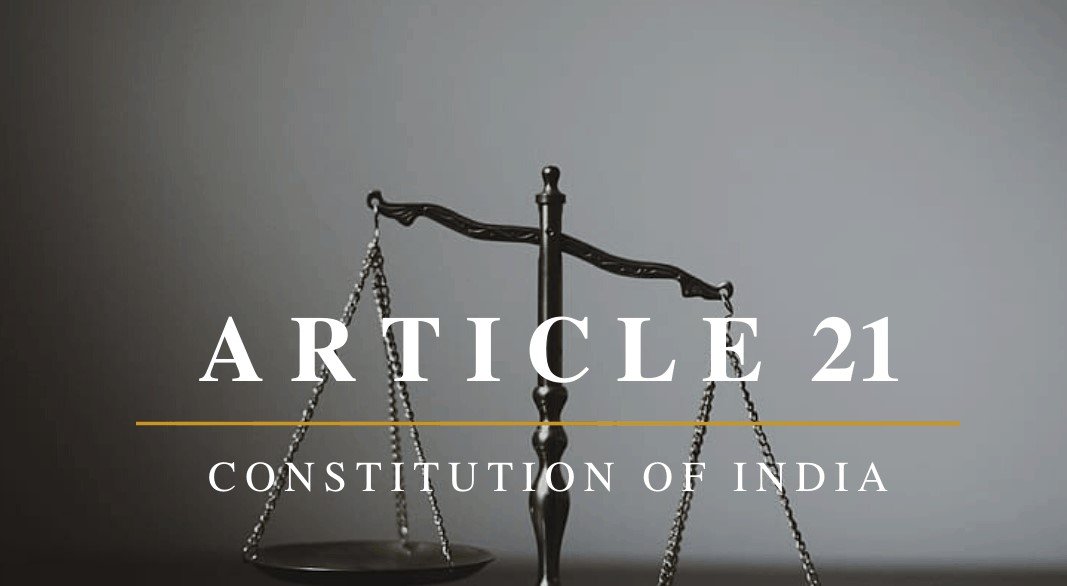The Rajasthan High Court recently ruled that Article 21 of the Indian Constitution, which guarantees the right to life and personal liberty, also includes the right to dignity even after death. This means that every individual, regardless of their background or circumstances, deserves a dignified burial or cremation.
In a civil writ petition filed by the petitioners, a group of individuals known as the Kanchan Patil (Mirasi) Samaj, against the prohibition from using the kabaristan (graveyard) for the performance of burial rites on account of the distinct identity of being associated with Islam yet retaining certain customary practices under Jasnathi Jat community, a Division Bench of Dr. Pushpendra Singh Bhati and Bipin Gupta, JJ., held that the right to dignity under Article 21 extends beyond life and includes a dignified burial or cremation for mortal remains. The court directed the State to file an affidavit outlining a common policy for post-death rituals for all sections of society.
Key Points:
Right to Dignified Burial: The court’s decision emphasizes that the right to life with dignity doesn’t end with death; it extends to a dignified burial or cremation, respecting the deceased person’s religious beliefs and customs.
Uniform Policy: The court suggested that the state formulate a uniform policy for regulating burial and cremation grounds to ensure dignity for all, regardless of social status or background.
Precedents: This ruling aligns with previous judgments, such as Ashray Adhikar Abhiyan vs Union of India (2002), which highlighted the state’s obligation to provide decent burial facilities and respect the dignity of the deceased.
Implications:
The ruling sets a significant precedent for future cases, emphasizing the importance of treating the deceased with dignity and respect.
It also underscores the state’s responsibility to ensure that burial and cremation grounds are managed in a way that respects the dignity of all individuals.
This decision may lead to changes in existing policies and practices, promoting a more dignified and respectful approach to handling the deceased.
The Rajasthan High Court’s landmark ruling affirming the right to dignity even after death marks a significant step towards upholding human dignity and respect for all individuals. By recognizing this fundamental right under Article 21, the court has set a precedent that ensures every person receives a dignified burial or cremation, regardless of their background. This decision not only reinforces the importance of treating the deceased with respect but also calls for a more compassionate and equitable approach to managing burial and cremation grounds. Ultimately, it serves as a powerful reminder of the enduring value of Dignity in every aspect of life and death.

